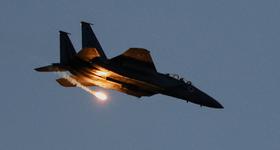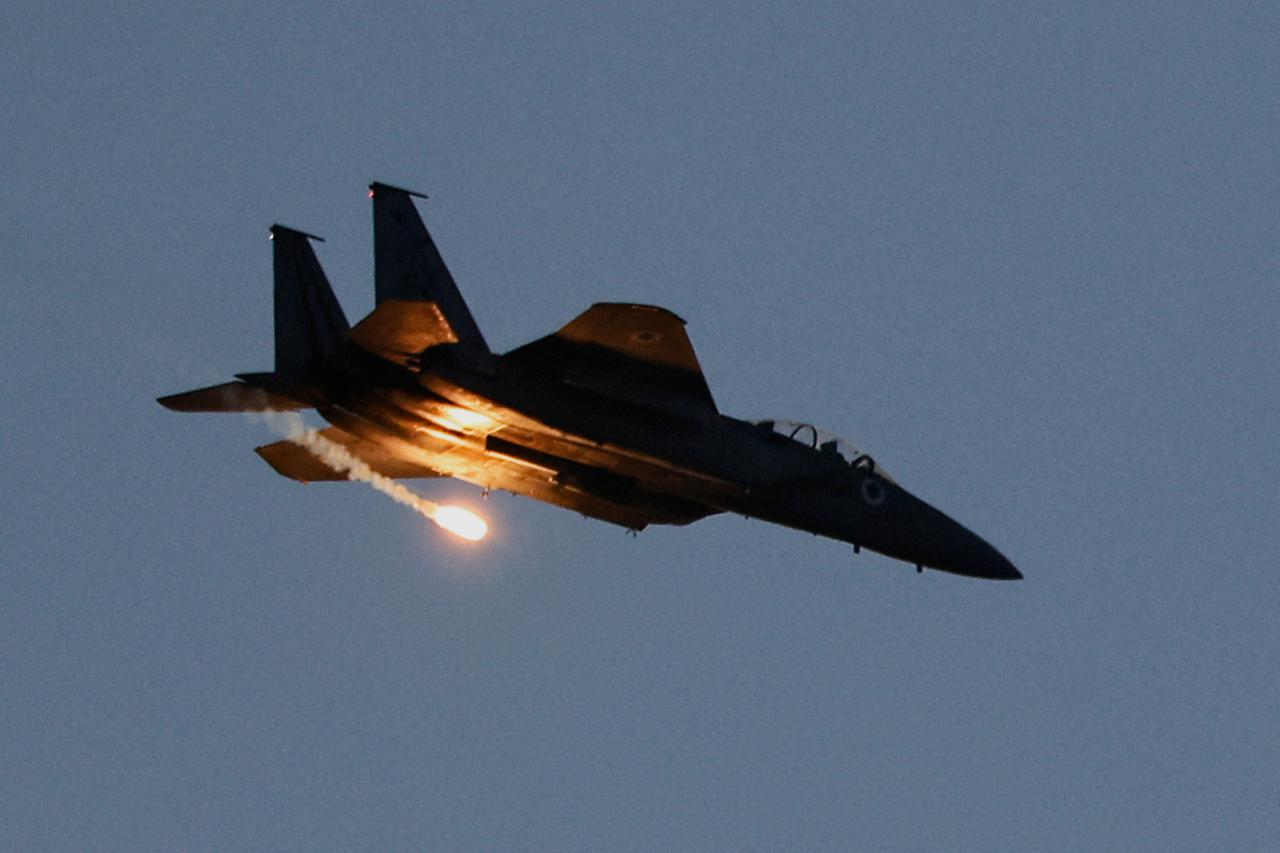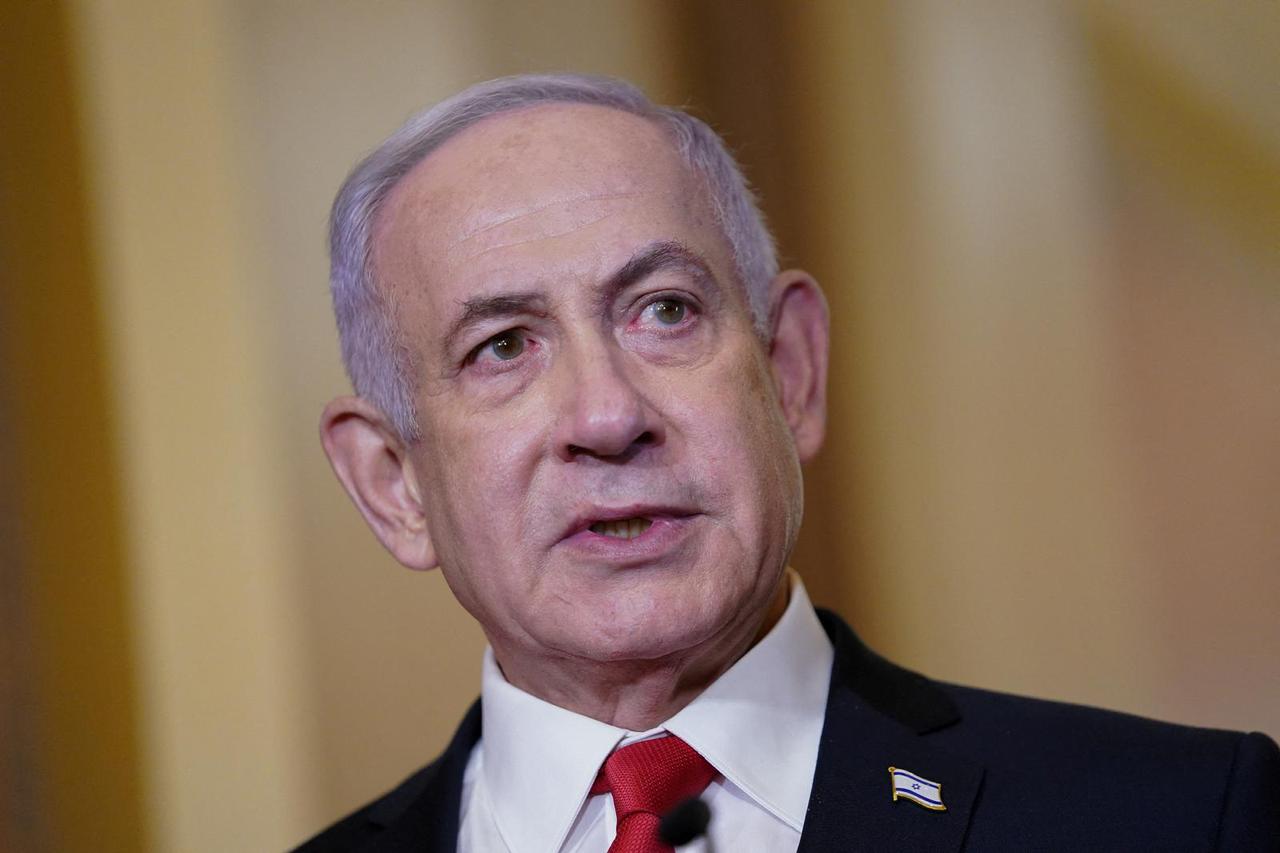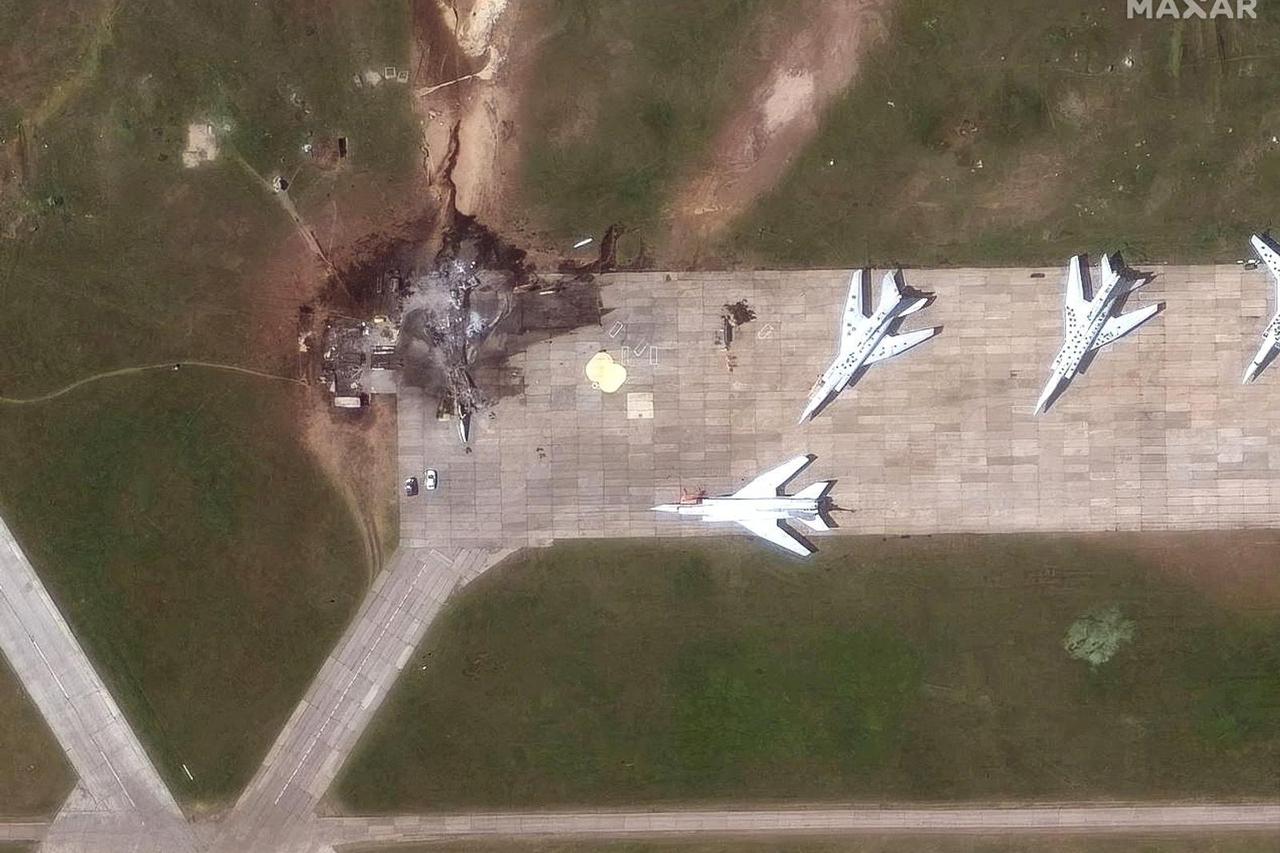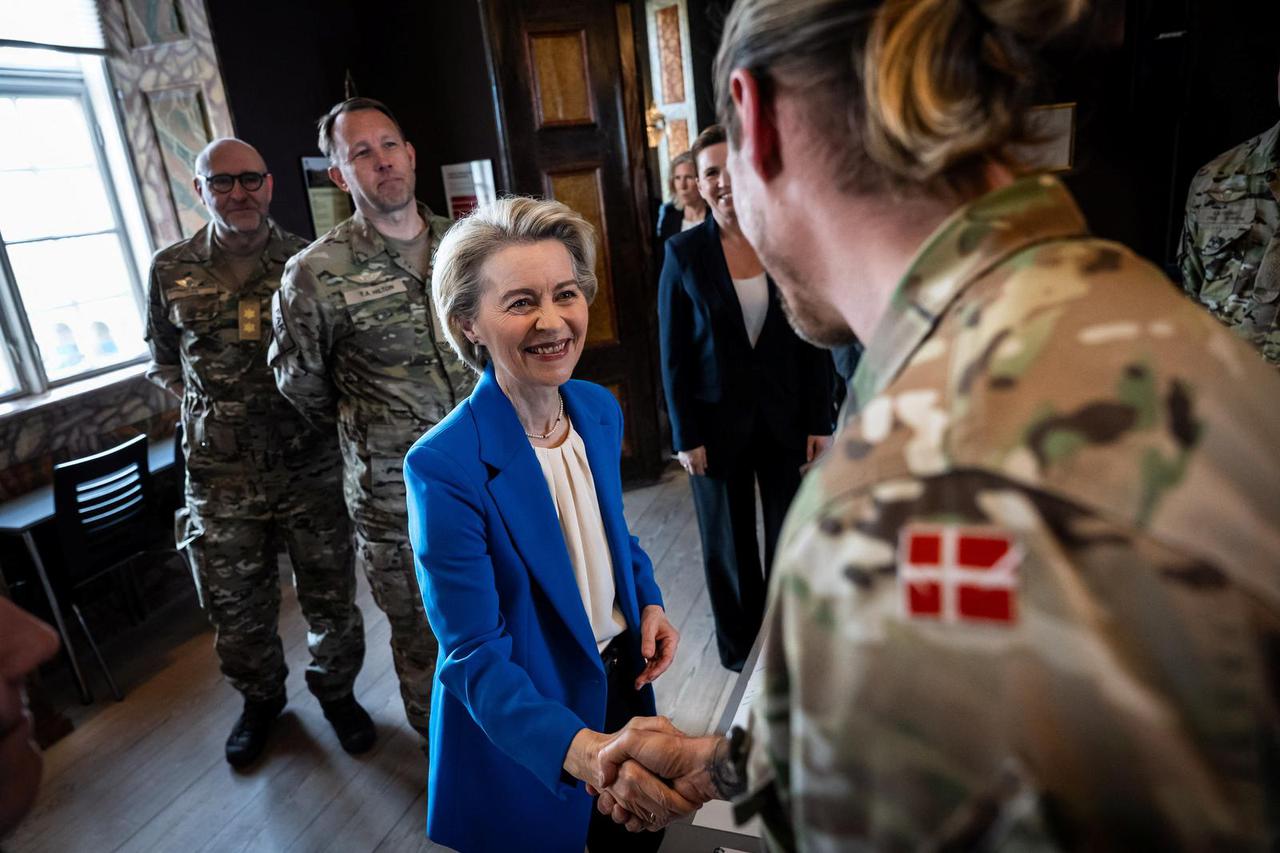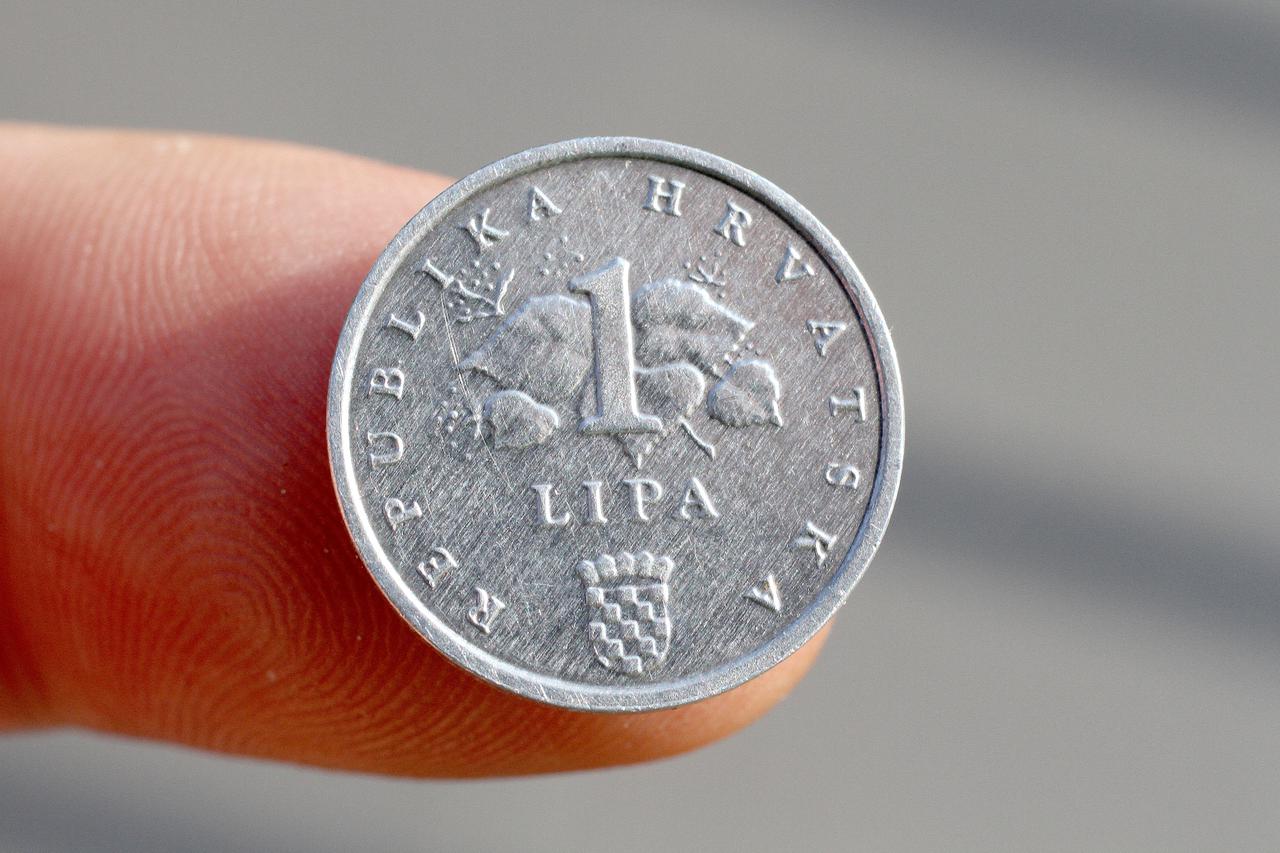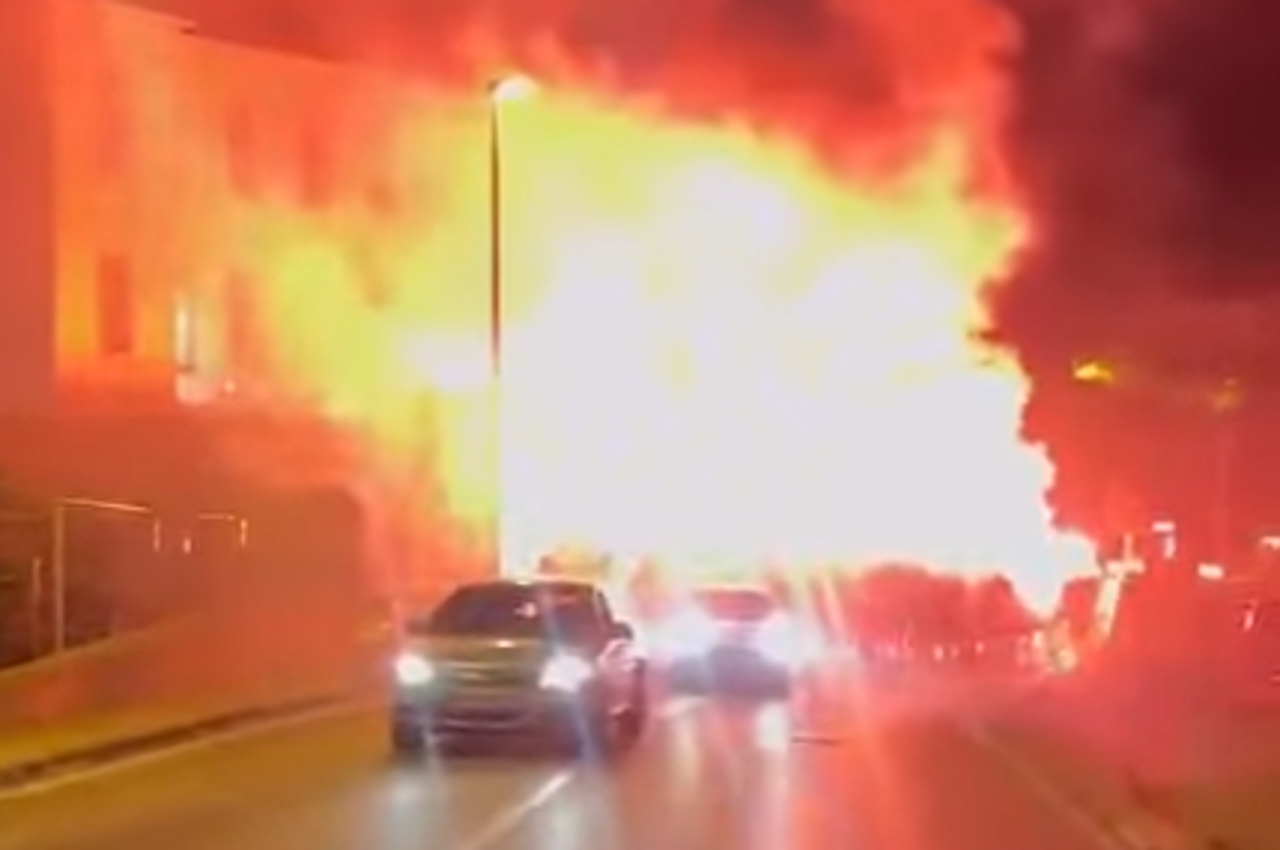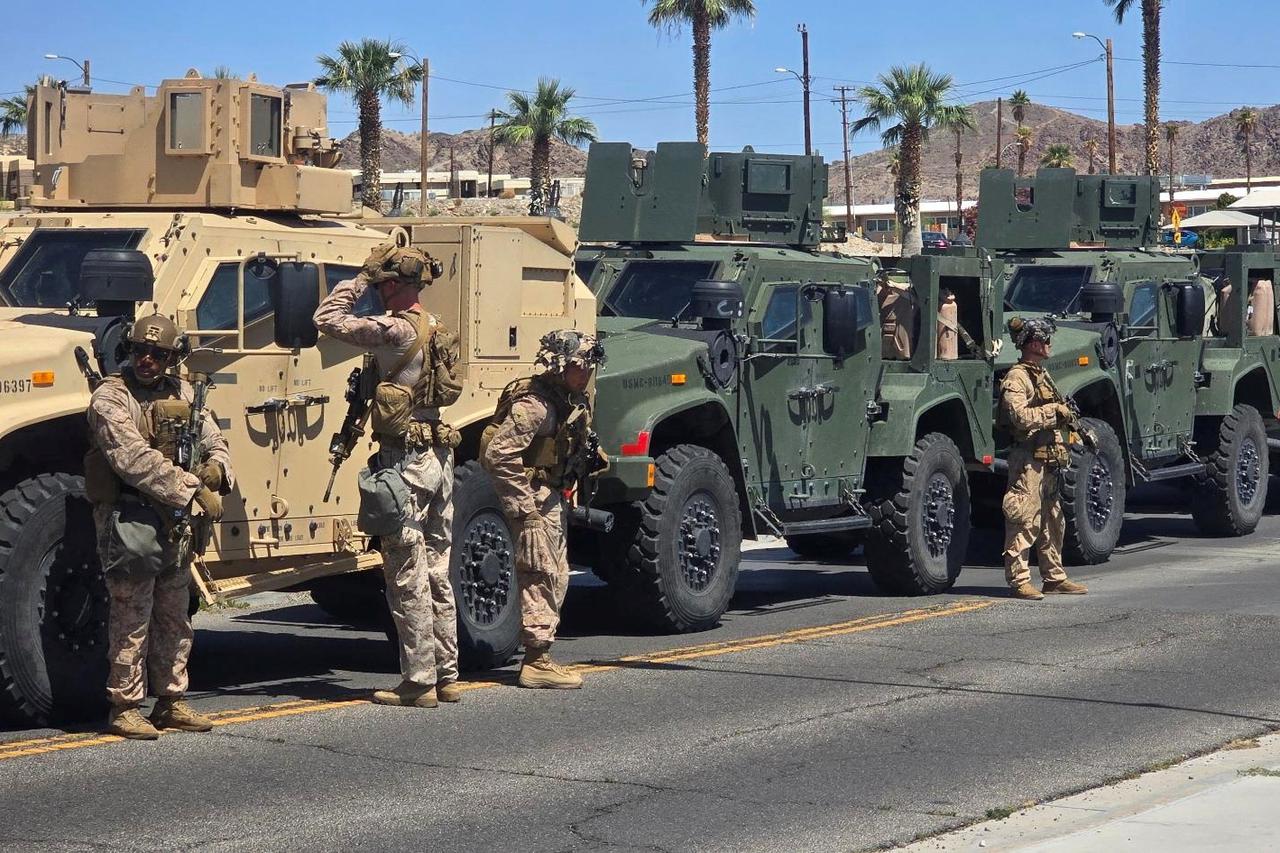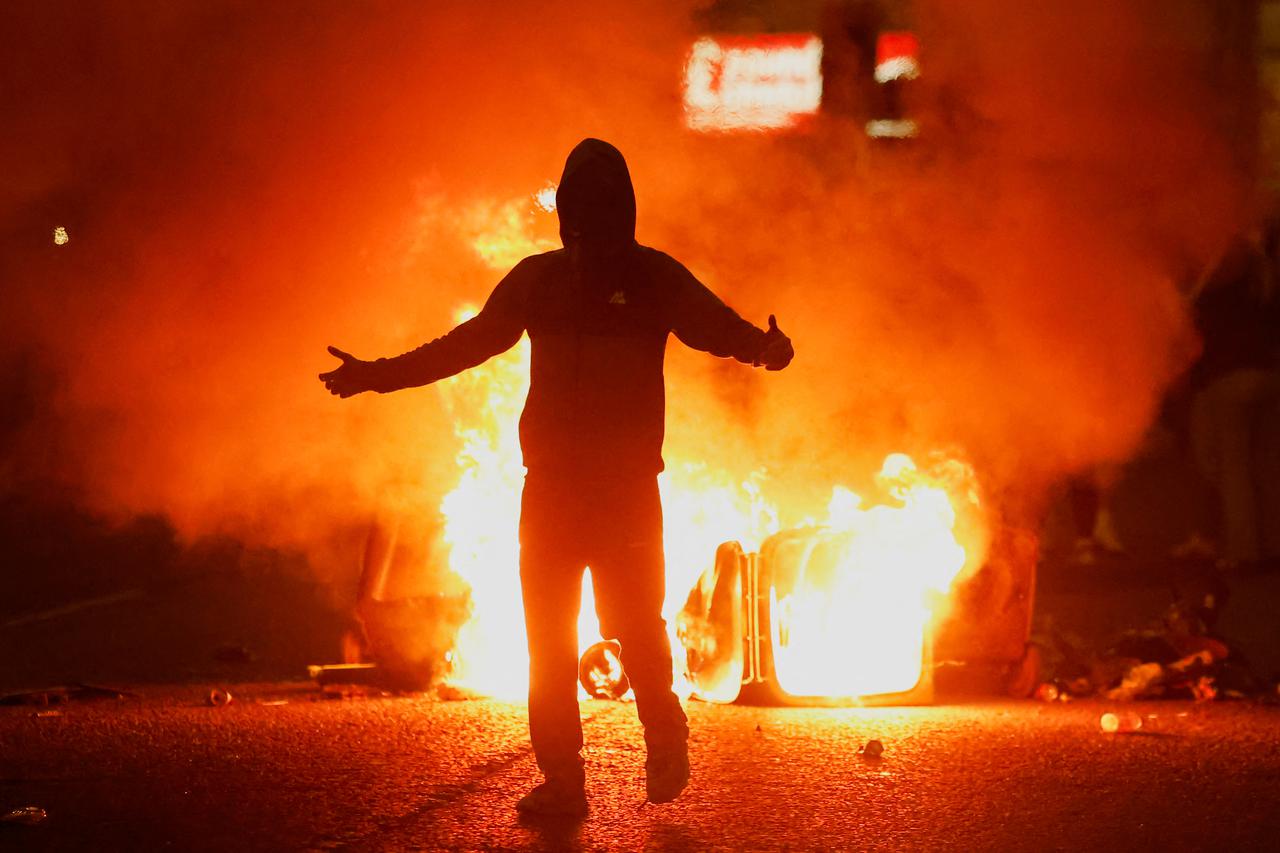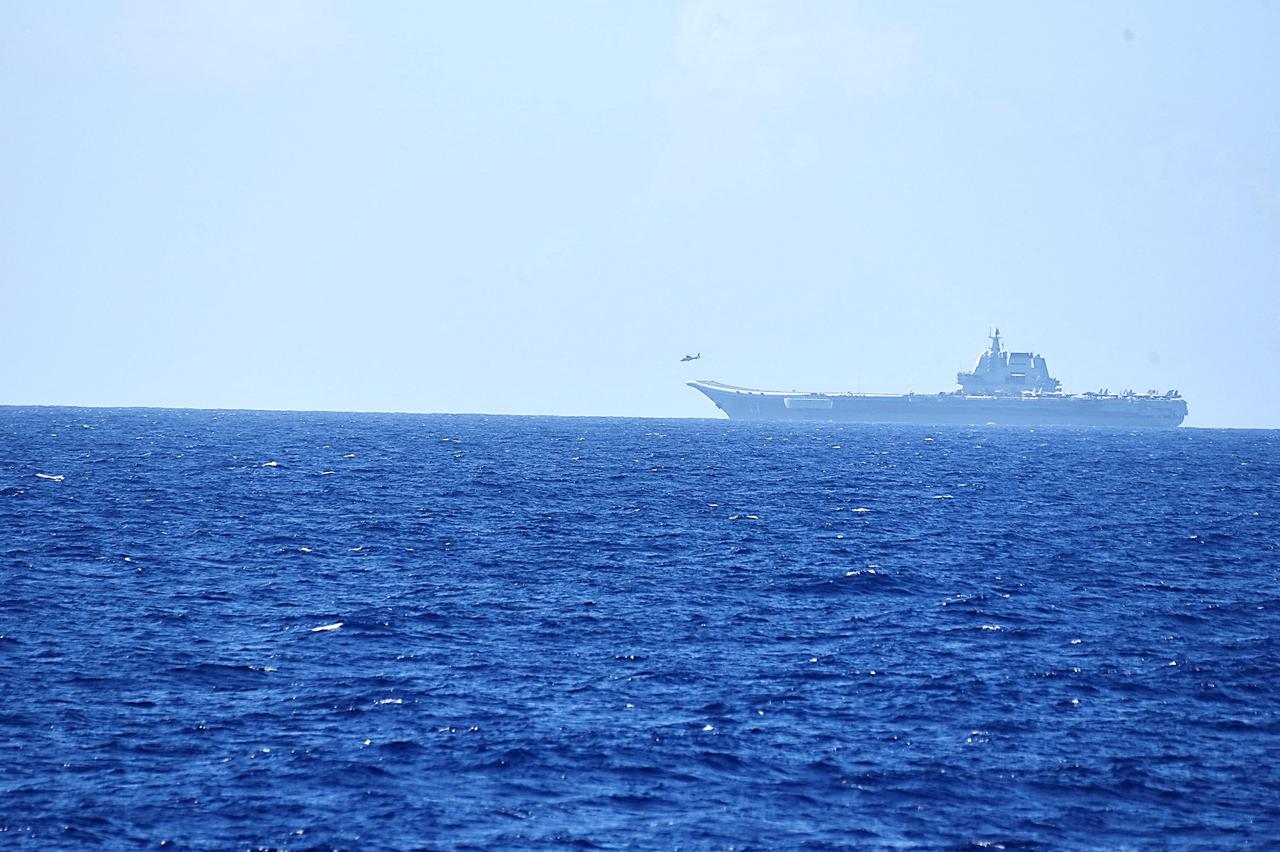Israeli Prime Minister Benjamin Netanyahu has been pressuring the US administration for months to seize the moment for a strike against Iran, with preparations for a possible military action already in an advanced stage. The US has raised military readiness and evacuated some diplomatic staff from the region, emphasizing that Iran must not possess nuclear weapons. Diplomatic talks between the US and Iran are stalled, and the situation in the Middle East is extremely tense with a real threat of conflict. Israel and Iran represent the two most belligerent sides in the region, and a potential Israeli strike could lead to escalation and destabilization. While Europe supports weakening radical Islamic states, war would cause significant human casualties and suffering. The US role is crucial in balancing support for Israel and avoiding direct war.
Political Perspectives:
Left: Left-leaning outlets emphasize the human cost of potential conflict, highlighting the suffering of civilians and the dangers of escalating military actions. They often criticize the militaristic approach and stress the importance of diplomatic solutions and peaceful negotiations. The narrative may also include skepticism about the motives of the Israeli government and US support, warning against further destabilization of the region.
Center: Centrist sources report the facts of the situation, focusing on the strategic and diplomatic developments. They highlight the preparations by Israel and the US, the stalled negotiations with Iran, and the potential consequences for regional stability. The coverage tends to balance the security concerns of Israel and the US with the risks of military escalation, presenting statements from all involved parties without strong bias.
Right: Right-leaning media often emphasize the threat posed by Iran’s nuclear ambitions and support Israel’s right to defend itself. They portray Netanyahu’s stance as decisive and necessary to prevent Iran from acquiring nuclear weapons. The narrative may frame the US support as strong and justified, warning against appeasement and highlighting the dangers of Iran’s regional influence and terrorism.






